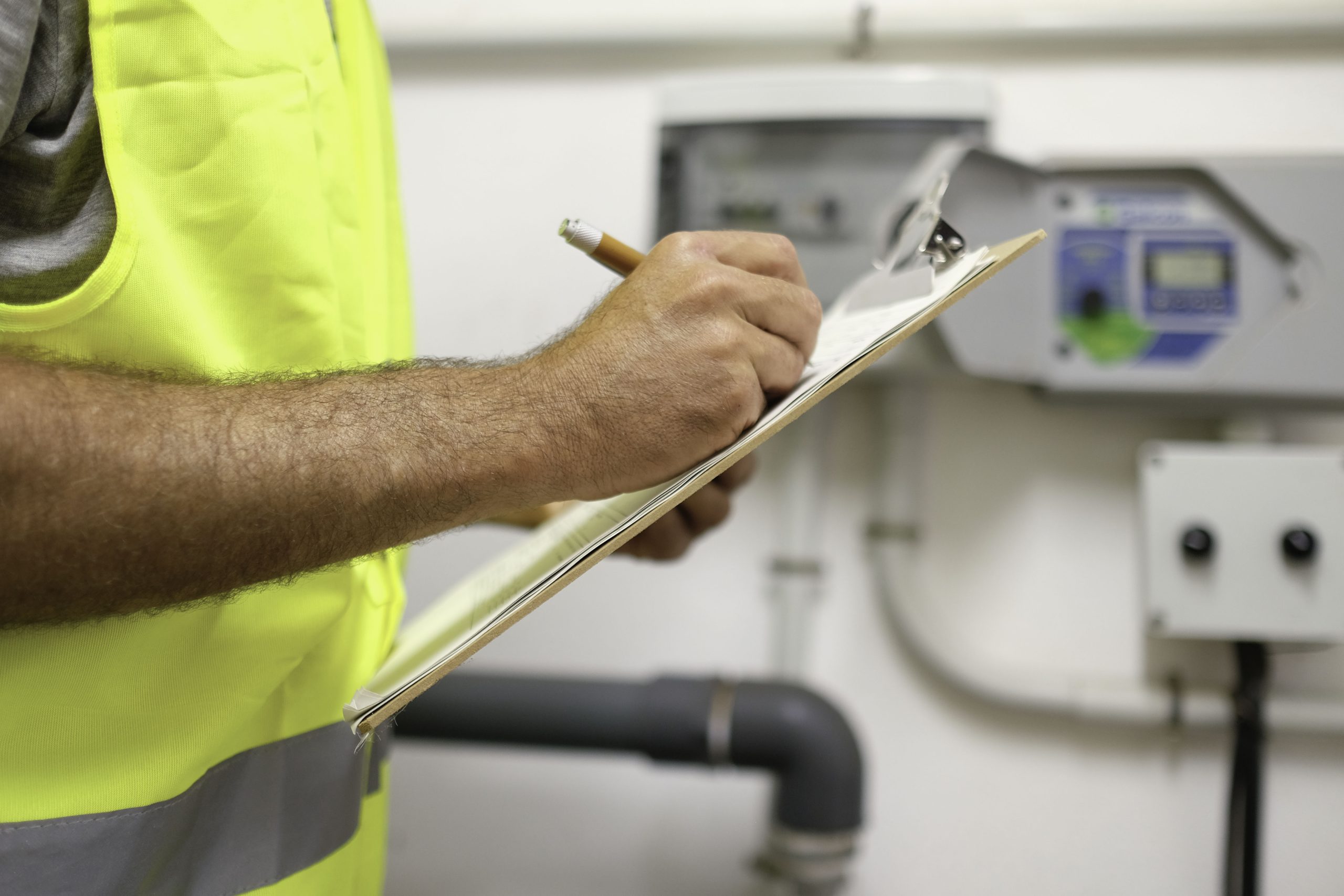Operational efficiency is critical for any business. When electrical systems fail, the impact can be significant, affecting productivity and profitability. Proactive electrical inspections are essential for identifying potential issues before they cause disruptions. These inspections help keep your equipment running smoothly and reduce downtime.
Proactive maintenance is about being ahead of the problem. Regular electrical inspections can spot issues like aging wiring, faulty components, or other hazards that might not be obvious at first glance. This proactive approach ensures that potential problems are addressed before they escalate into costly repairs or, worse, complete system failures.
For operations managers, especially those new to the role, understanding the importance of these inspections can be daunting. However, a solid inspection program is crucial for maintaining a safe and efficient workplace. Proactive electrical inspections not only extend the life of your equipment but also ensure that your business operations can continue without unexpected interruptions.
The Importance of Proactive Electrical Inspections in Reducing Operational Losses
Proactive electrical inspections are essential for minimizing operational losses and ensuring smooth business operations. Waiting for a problem to occur can lead to significant downtime and costly emergency repairs. Regular inspections help preempt these issues by identifying potential problems before they escalate.
By scheduling routine electrical checks, you can catch minor issues like loose connections, corroded components, or faulty wiring early on. Addressing these issues promptly prevents them from developing into major problems that could disrupt business operations. This proactive approach not only saves on repair costs but also reduces the likelihood of unforeseen breakdowns that can halt production or services.
Furthermore, proactive inspections enhance safety within the workplace. Electrical failures can lead to dangerous situations such as electrical fires or shocks. Regularly inspecting and maintaining electrical systems ensures they operate safely, protecting both employees and equipment. For operations managers, this means fewer interruptions and a more reliable work environment, contributing to better overall productivity.
Common Electrical Issues Identified During Inspections
During electrical inspections, several common issues frequently emerge. Identifying these problems early helps keep operations running smoothly and efficiently. Here are some of the most common issues that inspections can uncover:
- Aging Wiring: Over time, wiring can degrade due to wear and tear. Inspections can reveal frayed or exposed wires that pose a significant risk for short circuits or electrical fires.
- Overloaded Circuits: With the expansion of technology and equipment, circuits can become overloaded if they are not properly rated for the load they carry. Inspections can identify circuits that need upgrading based on current usage.
- Loose Connections: Vibration, corrosion, and other factors can cause electrical connections to loosen over time. Loose connections can lead to intermittent power supply issues, overheating, and even arcing, which can ignite fires.
- Faulty Components: Electrical systems rely on various components like breakers, fuses, and switches. Regular inspections can identify faulty or failing components that need replacing to maintain system reliability.
- Environmental Damage: Electrical systems exposed to moisture, dust, or harsh environments can suffer damage. Inspections can detect and mitigate the effects of such exposure, ensuring the longevity and safety of electrical systems.
Maintaining a regular inspection schedule helps in identifying these issues before they cause significant operational disruptions. By addressing these common problems early, you can ensure that your electrical systems remain reliable and efficient, supporting continuous business operations.
Benefits of Regular Electrical Inspections for Business Efficiency
Regular electrical inspections offer several key benefits that contribute to overall business efficiency. First and foremost, they minimize the risk of unexpected power outages. Downtime can be extremely costly, disrupting production schedules and delaying services. By routinely checking your electrical systems, you can ensure they remain reliable and functional, reducing the chances of unscheduled stoppages.
Inspections also help in maintaining optimal performance of electrical equipment. Well-maintained systems operate more efficiently, reducing energy consumption and lowering utility bills. Equipment that runs smoothly tends to last longer, saving money on replacements and repairs. Keeping electrical systems in top shape supports uninterrupted operations, allowing your business to meet its productivity goals.
Moreover, regular inspections enhance workplace safety. Identifying and addressing potential hazards help create a safer environment, reducing the risk of accidents and injuries. This not only protects employees but also avoids potential legal issues and liabilities. A safe working environment boosts employee morale and productivity, which in turn benefits the business.
Implementing an Effective Electrical Inspection Program
Setting up an effective electrical inspection program involves several strategic steps. First, define the scope and frequency of inspections. Depending on the size and complexity of your operations, schedule regular checks on a monthly, quarterly, or annual basis. Adhering to a strict schedule ensures that inspections are consistently performed.
Next, create a comprehensive checklist covering all critical aspects of your electrical systems. Include items such as wiring, circuit breakers, lighting, and any specialized equipment your business uses. Detailed checklists help inspectors systematically review and identify issues, leaving no stone unturned.
Training is another essential component. Ensure that staff conducting the inspections are well-trained and knowledgeable about electrical systems. Consider hiring certified electricians for thorough and accurate inspections. Training employees on basic electrical safety and maintenance can also be beneficial, allowing them to identify and report issues more effectively.
Utilizing technology can improve the efficiency of your inspection program. Trillium offers software and a mobile app that makes it easy to schedule, track, and manage maintenance services. These tools help keep records organized, making it simpler to track inspection history and upcoming maintenance tasks. By setting up a robust inspection program, you can maintain your electrical systems efficiently, reducing the risk of operational disruptions.
Final Thoughts
Maintaining efficient operations hinges on the reliability of your electrical systems. Proactive inspections are crucial for identifying potential issues before they escalate, ensuring continuous operation, and reducing losses. Through regular inspections, businesses can catch common electrical problems early, optimize energy usage, and enhance overall safety. A well-implemented inspection program further supports these goals by providing a structured approach to maintaining facilities.
To keep your business running smoothly and efficiently, consider leveraging professional facility maintenance services. You can order facility maintenance services from Trillium, utilizing their convenient software and mobile app for seamless scheduling and tracking. Trust Trillium to help you maintain your electrical systems and support your business’s operational success.









